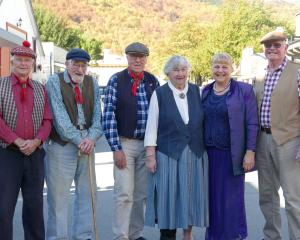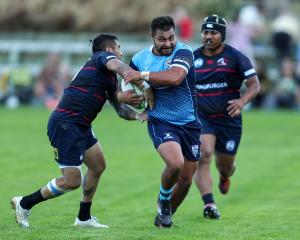Centralisation of acute vascular surgery in the main centres was the only option for a quality cost-effective service, a meeting of the New Zealand National Board of the Royal Australasian College of Surgeons was told in Queenstown yesterday.
Murray Pfeifer, clinical director surgery at Southland Hospital, in Invercargill, said politicians were pushing for a quality, cost-effective service and centralisation was the only way to achieve that.
Operations had better outcomes if surgeons had higher volumes of cases, he said.
Following centralisation, provincial centres needed to have excellent outreach services, like clinics. There would continue to be a place in provincial hospitals for specialist general surgeons with a vascular interest, working with the support of the regional service.
The district health boards had to have better communication networks with more video conferencing and better referral systems.
Air and road transport needed to be better organised so patients could be transferred as quickly as possible.
Christchurch neurosurgeon Nicholas Finnis said there were issues with transferring patients to the five neurosurgical units in New Zealand: Auckland, Waikato, Wellington, Christchurch and Dunedin.
However, most head injury cases could be managed by supportive care and delayed surgery.
Dunedin had the lowest ratio of surgeons to population with one to 150,000.
Christchurch had 1:195,000.
He recommended hospitals outside the main centres keep instruments for emergency neurosurgery by general surgeons.
An air transport system needed to be set up with skilled personnel on board.
Transferring protocols could be improved to minimise delays.
"We need a robust transfer system. There needs to be a centralised transport system set up," he said.
Other options were to transfer the neurosurgeon to the provincial hospital or for neurosurgery to be done by general surgeons.
"It's quick, but not favourable.
In general, the aim should be to transfer," he said.
The optimal time frame for operations was four hours from the time of injury.












